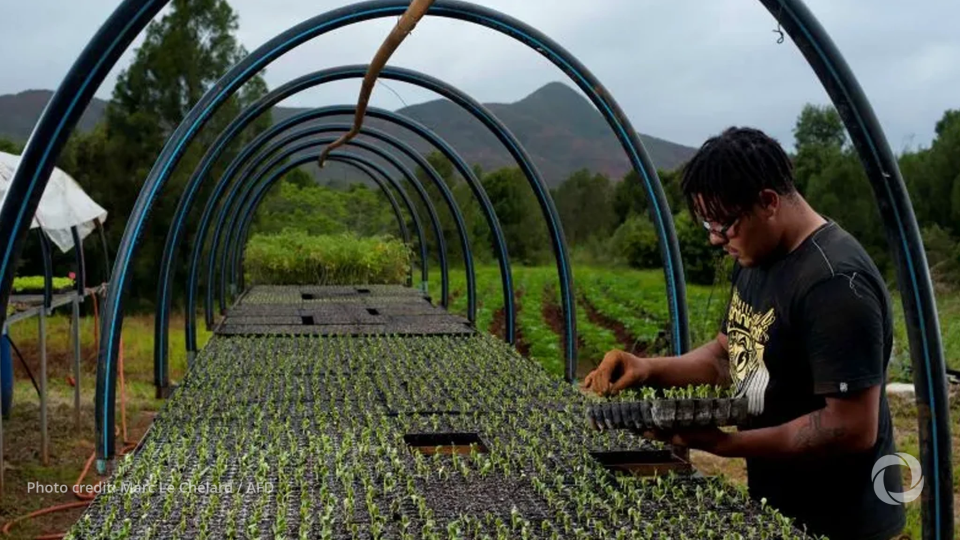The Kiwa Initiative launched 15 new local conservation projects in August 2025 to mark its fifth anniversary, focusing on forest restoration, coral reef protection, agroforestry development, and invasive species control across Pacific island nations, according to a media release. The multi-donor fund, led by France’s development agency AFD, now supports around 40 projects across 17 Pacific countries and territories after a rough start during Covid-19 in March 2020. The program has helped more than 220,000 people through work with over 160 civil society groups and around 130 public agencies.
Pacific island nations face some of the world’s worst climate change impacts, making them good places to test nature-based solutions that protect both wildlife and communities. After French President Emmanuel Macron had announced the program at the 2017 One Planet Summit to tackle climate threats in the Pacific, the projects drew huge interest with 342 applications for local work and 97 for regional programs. Today, the program gets €77 million from the European Union, France, Australia, New Zealand, and Canada in a rare coalition working on climate problems.
Expert Virginie Duvat, who worked on IPCC reports about small islands, says nature-based solutions offer two big benefits for Pacific communities dealing with climate change. They boost biodiversity that supports human life in areas with some of the world’s richest wildlife, while making people’s lives better through social improvements. The approach uses local knowledge and old-fashioned practices when it can.
Projects like Kiwa WISH+ work directly with local communities to manage watersheds and improve water quality, health, and nature. Wildlife Conservation Society runs this regional effort, which needs agreement from all affected communities before starting work. Luisa Ruru, a Fiji resident who benefits from the project, says it’s important that communities understand what’s happening and that different people get involved, especially women. The Kiwa POLFN project creates networks of organic learning farms across Fiji, Nauru, Solomon Islands and Tonga using farmer-to-farmer training. These efforts show how working together can spread good practices across island communities.
The program operates on two levels, with local projects getting €25,000 to €400,000 grants for work in single territories, while regional projects get €3 million to €5 million for multi-country efforts. Local projects target specific places for focused results, managed by IUCN Oceania in Fiji and run by local groups throughout the Pacific. Regional projects encourage cooperation, knowledge sharing, and spreading good practices across Melanesia, Polynesia and Micronesia. The Kiwa PEBACC+ project uses ecosystem-based techniques like mangrove restoration to protect coastal areas in five Pacific territories. Project leaders pick accessible test sites with visible results and reliable partners to encourage copying elsewhere.

